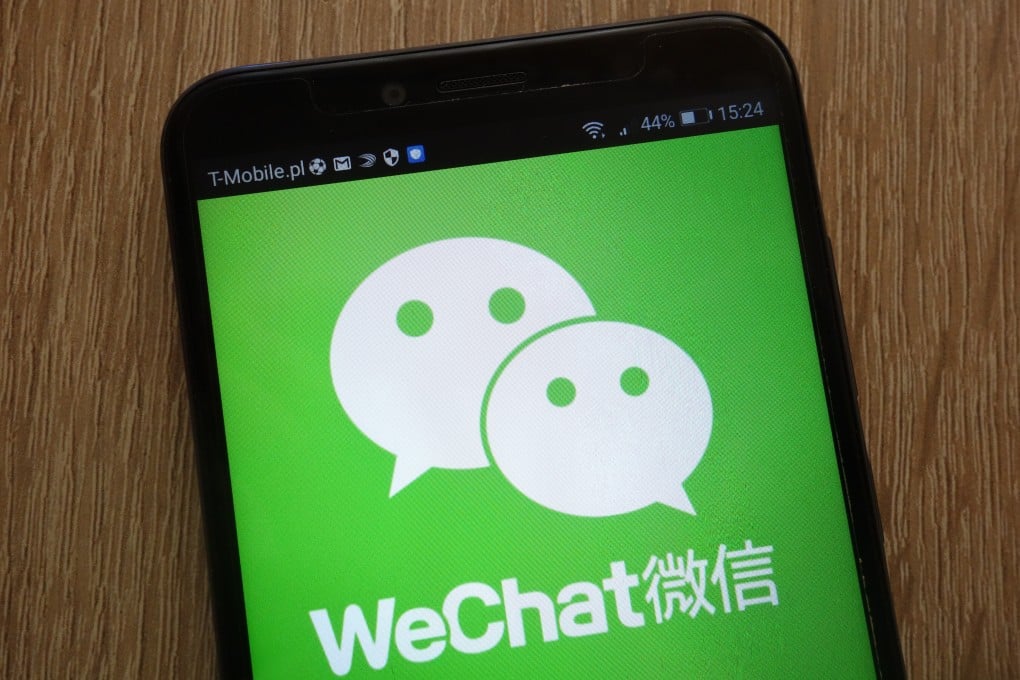Advertisement
Go mini or go home: China’s Tencent pushes for e-commerce breakthrough on WeChat via in-app programs
- Tencent’s latest push into e-commerce hangs largely on its Mini Shop feature, which supports the creation of online stores via WeChat’s mini programs
- From January to August this year, sales on WeChat’s mini programs surged 115 per cent compared with the same period last year
Reading Time:4 minutes
Why you can trust SCMP
0

On ubiquitous Chinese app WeChat, it takes just a few minutes to set up a free online store by uploading your Chinese identity card information or business licence using the native store system, Mini Shop. But while this convenience and speed are impressive, the app’s enormous reach is what makes it a potential game changer in the e-commerce scene, according to analysts.
Tencent Holdings’ do-everything app WeChat – which allows users to find a hotel, pay bills, message friends, order food and much more – reported having over 1.2 billion users worldwide as of the end of June.
“WeChat is a tool used by almost everyone in China,” said Tian Hou, analyst at T. H. Capital Research. “[Mini Shop] enables every user to have the access to open an online shop, making e-commerce accessible for all.”
The Mini Shop function represents Tencent’s latest push into e-commerce after it mostly retreated from the scene about half a decade ago, pushed out by intense competition with rivals including Alibaba Group Holding, the Post’s parent company, and JD.com.
In recent months, Tencent has added a live-stream function, which has emerged as a hot new marketing channel, and revealed plans to upgrade its tools for merchants, such as inventory and order management services.
This coincides with a recent boom in the e-commerce industry, bolstered by the stay-home economy created by the Covid-19 pandemic. The sector is estimated to reach US$2.1 trillion in 2020, including US$242.4 billion in social e-commerce sales, according to eMarketer.
Advertisement